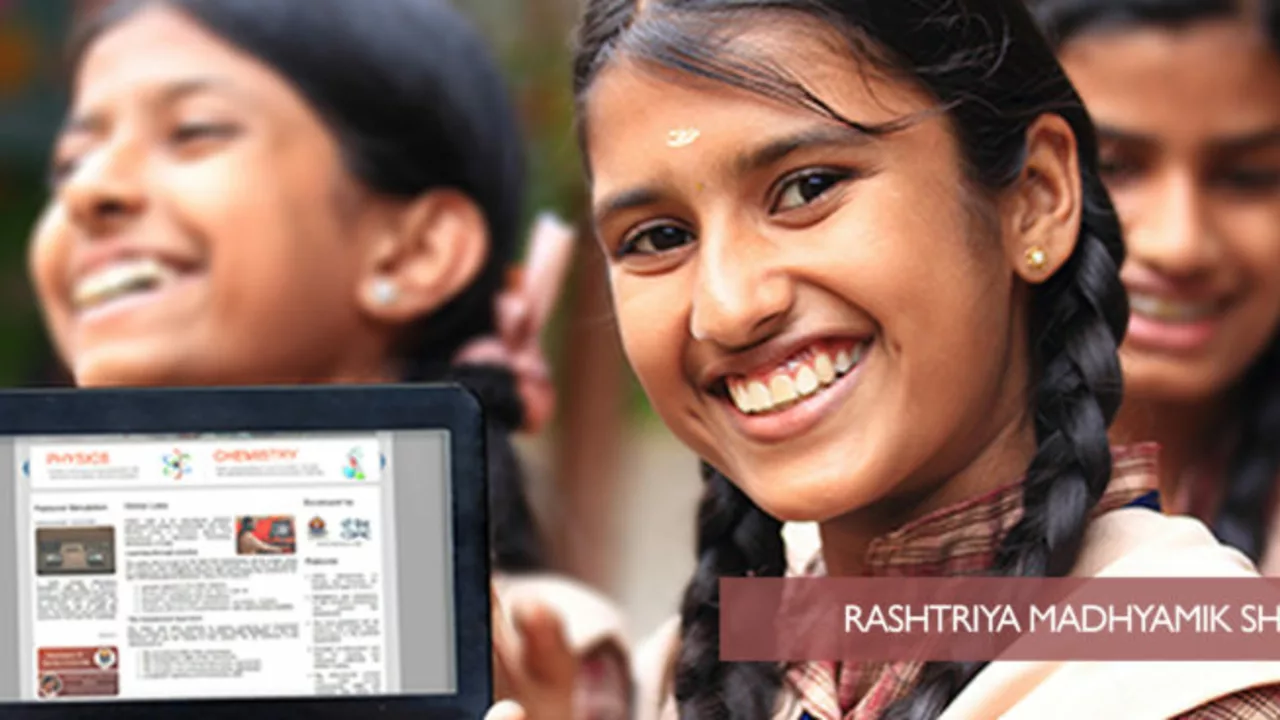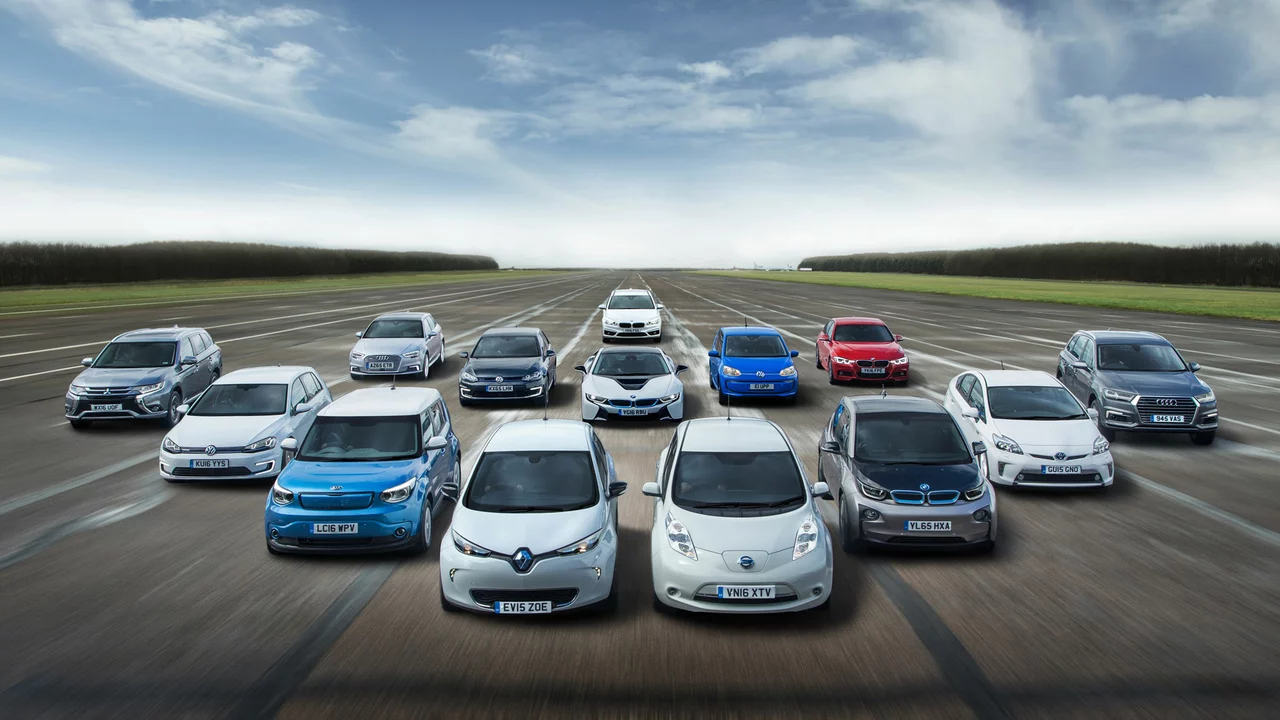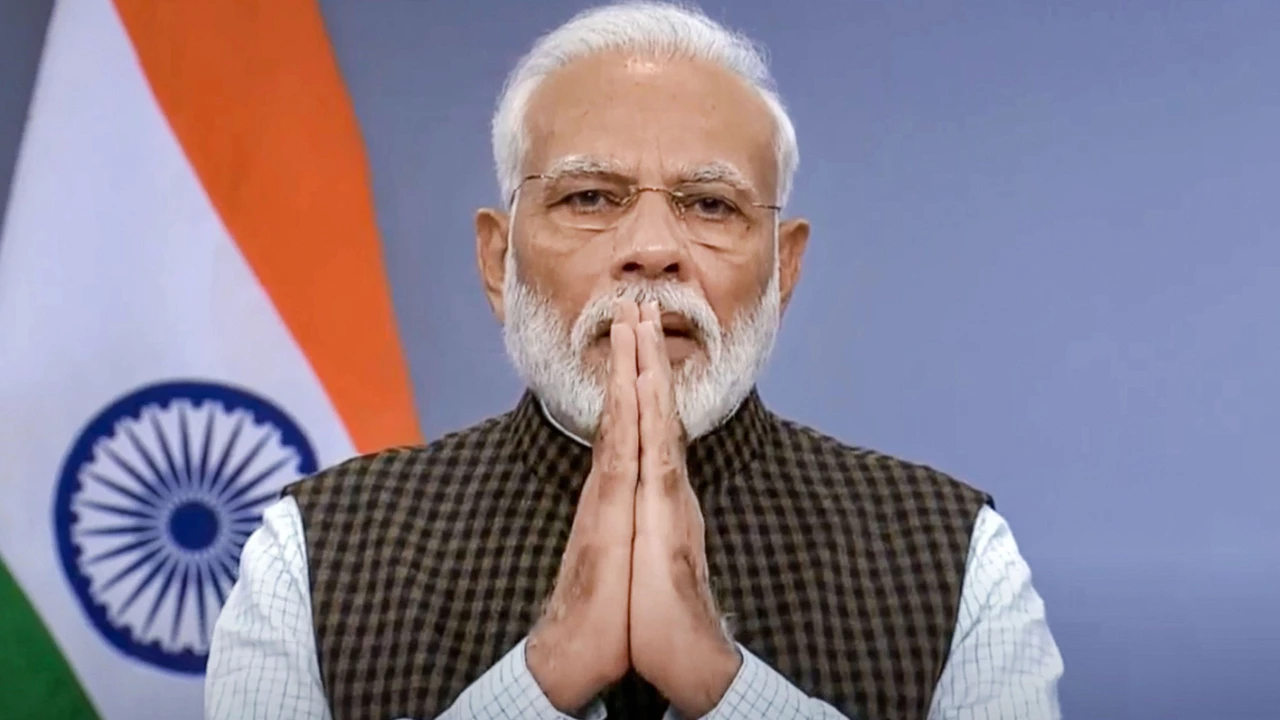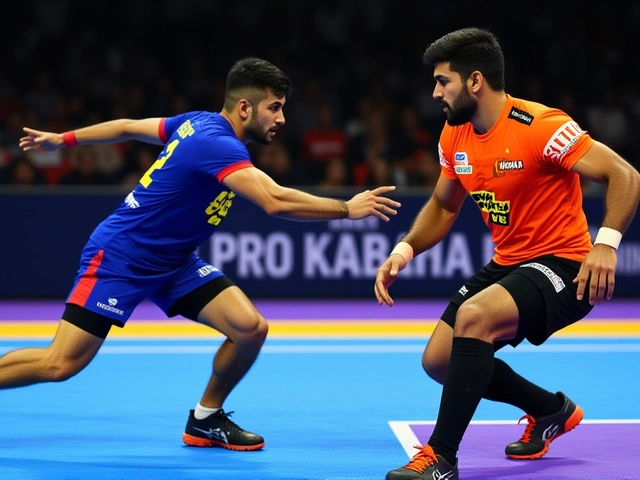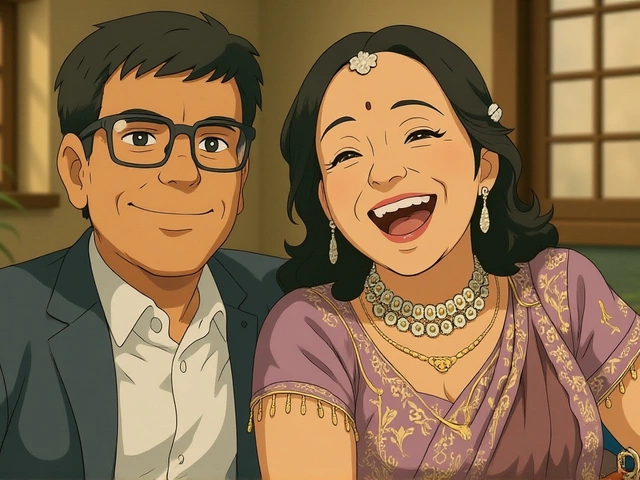July 2023 Archive — Highlights from Daily Insight 24
July 2023 brought a tight mix of practical stories and sharp questions about life in India and beyond. You’ll find pieces on boosting literacy in remote villages, bold life-expectancy predictions, why critics stay in India, how old our cars really are, and what leaders say about social media. Below I summarize each story and pull out clear takeaways you can use.
Top stories and quick takeaways
First up: improving literacy rates in rural India. The piece focuses on bringing accessible education to remote areas through simple steps: mobile libraries, local teacher training, low-cost learning materials, and community reading drives. The core idea is practical—small, repeatable actions that spark reading habits rather than expensive one-time fixes.
Next: life expectancy projections. The article asks how much longer we might live over the next century and cites expert estimates suggesting big gains—possibly decades—if health tech, vaccines, and lifestyle shifts continue. The useful point: small daily habits (better diet, regular checkups) plus public health improvements matter more than miracle cures.
There was also a piece asking why people who say they hate India don’t leave. It’s not always simple: family ties, financial limits, legal hurdles, and a desire to change things from within often keep people here. The article reminds readers that criticism and commitment can go together—frustration can drive efforts to improve the country rather than exit it.
On transport, the average age of cars in India got attention. Most vehicles are around 8–10 years old, which reflects repair culture, cost sensitivity, and a growing secondhand market. For drivers: regular maintenance and checking emissions are practical steps to keep older cars safe and legal while you decide when to replace them.
Politics and public life featured two hot topics. One asked whether Narendra Modi is the most loved Indian PM ever, and the piece framed that as subjective—popularity depends on policy, media, and personal values. Another report covered Amit Shah advising IPS probationers to stay off social media. The advice was about focus and operational safety: social media can distract and shape public perception in ways that complicate policing.
How these stories matter to you
If you care about local change, the literacy piece offers simple actions you can copy or support. If you worry about health, the life-expectancy piece stresses incremental prevention and public investment. If you own a car, the stats explain why older models dominate and what to check before buying. If you follow politics, the two opinion pieces show how public sentiment and advice to officials shape conversations that affect daily life.
July 2023 on Daily Insight 24 wasn’t about one big event. It was about everyday choices—education, health, civic commitment, transport, and how public figures influence behavior. Read each story with a practical lens: what can you do this week that aligns with the idea? That’s where change starts.
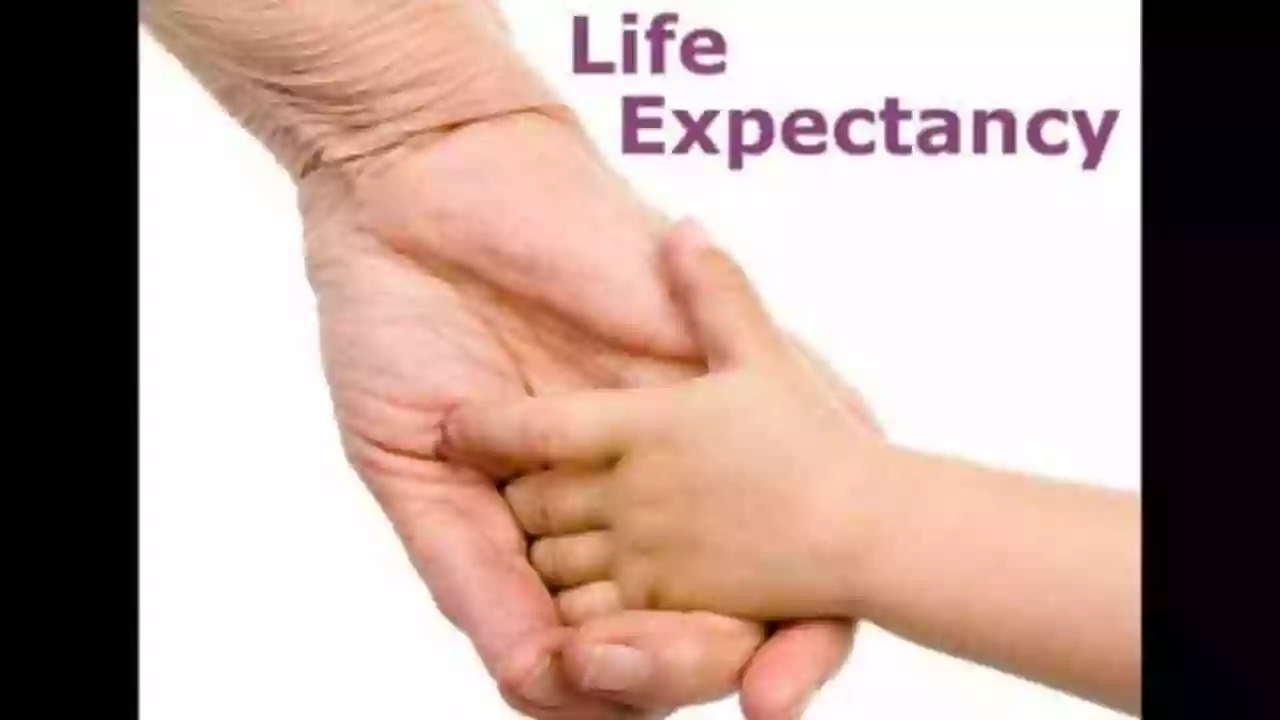
How much will life expectancy increase in the next century?
Well folks, buckle up for a ride into the future! According to experts, life expectancy could skyrocket in the next century, like a pizza delivery guy on a rocket scooter! We're talking a whopping 30 to 40 more years tacked onto our life spans. Imagine all the extra time for napping, or, you know, inventing the next big thing! So keep on laughing, living, and guzzling that kale smoothie, because we could all be sticking around for quite a bit longer!
CONTINUE READING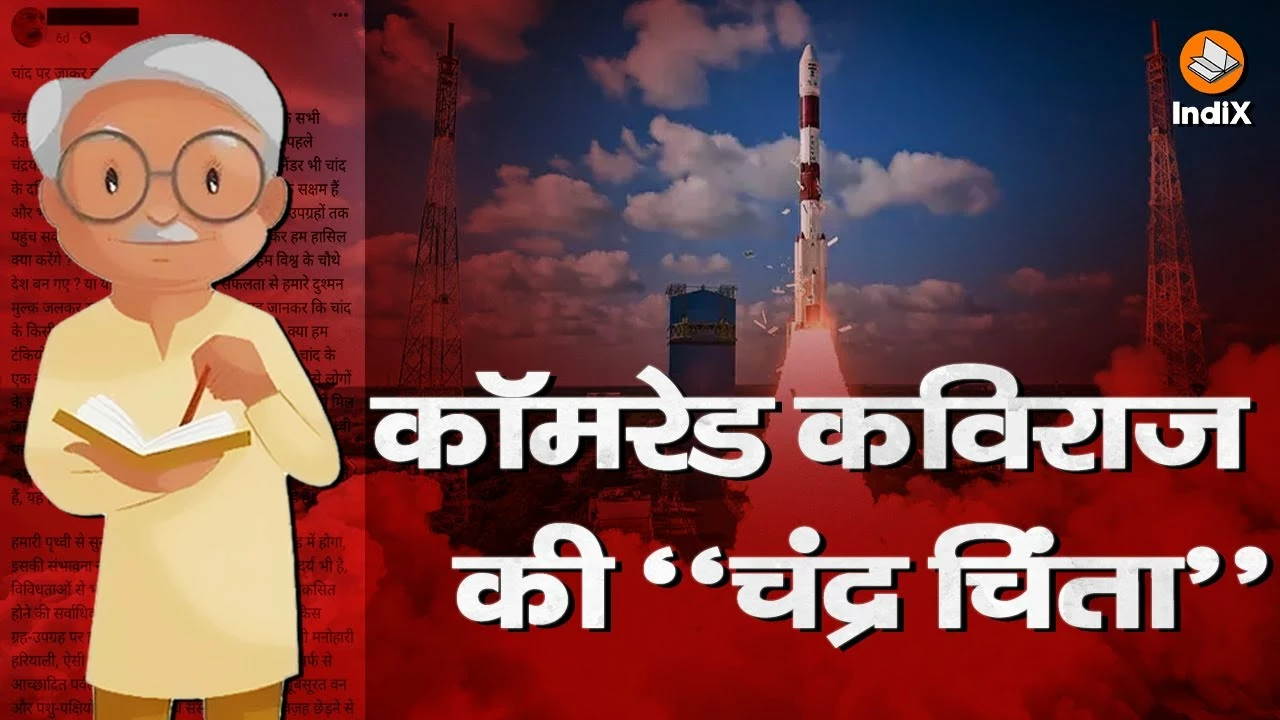
Why don't people who hate India leave India?
In my recent blog post, I delved into the complex issue of why individuals who express disdain for India, don't simply leave the country. I found that many of these individuals face financial constraints or familial obligations that limit their ability to relocate. Additionally, their criticism might also stem from a deep love for their nation and a desire for its betterment, rather than pure hatred. It's also worth noting that voicing discontent can be an essential part of democratic societies, including India. Lastly, the process of immigration is not easy and involves numerous challenges and hurdles, making it not a feasible option for everyone.
CONTINUE READING
Stay off social media: Amit Shah to IPS probationers?
In a recent address to IPS probationers, India's Home Minister, Amit Shah, urged them to avoid spending excessive time on social media. He explained that while it can be a valuable tool, it can also be a source of unnecessary distraction that detracts from their primary responsibilities. Shah emphasized that as future law enforcement leaders, they should focus more on ground realities rather than virtual perceptions. This stance reflects an awareness of the potential pitfalls of social media, though it may spark debates over its role in contemporary policing. His comments underscore a broader conversation about the impact of digital platforms on our professional lives.
CONTINUE READING